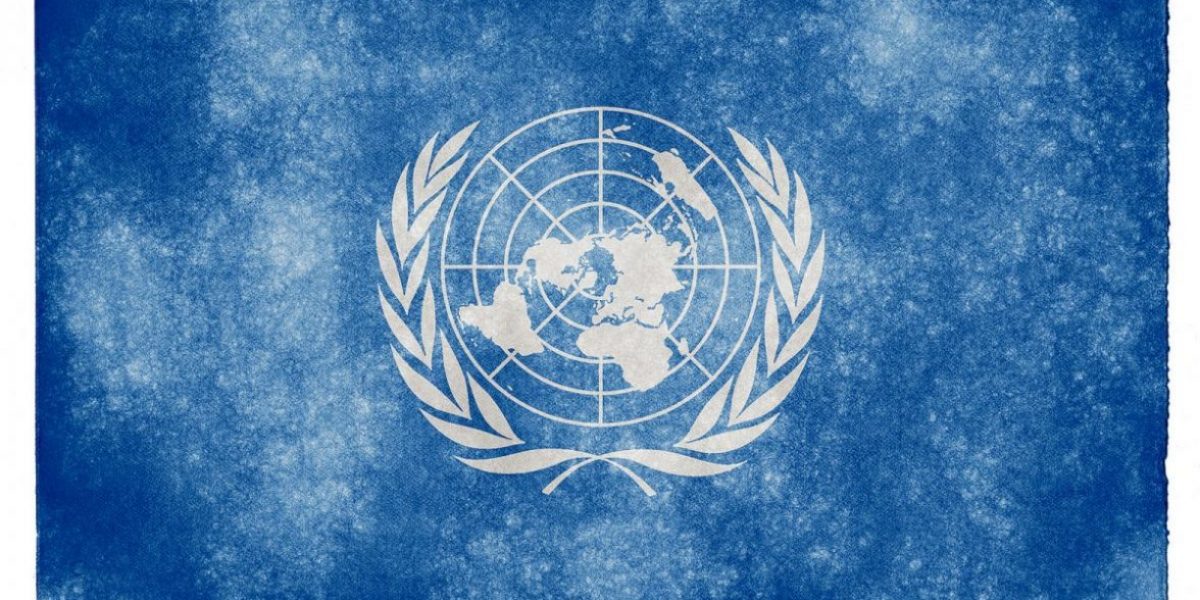Ten years ago, neither the UN nor African leaders acted to stop the genocide in Rwanda. Now, Nigeria, through the African Union, is hosting crisis talks on Sudan and the UN is expressing more than meek concern. But decisive action against Khartoum remains elusive.
At the other end of the continent, southern African leaders have adopted new standards for elections. The question now is whether they will be applied. For four years, as Zimbabwe has slid further into tyranny, South Africa has shrugged off critics of its ‘soft diplomacy’ with a glib question: Would you rather we invade?
President Thabo Mbeki is too intelligent a statesmen to believe in such simple ‘either-or’ constructs. And now, through the new SADC rules, regional leaders have provided a clear third response. With five months to go before Zimbabwe’s next parliamentary poll, SADC should call on Robert Mugabe to implement the new standards immediately. Restoring the independent media and allowing opposition gatherings would be welcome first steps down the road to credibility.
In a similar fashion, African and world leaders have faltered in their response to HIV/AIDS, tripped up by funding, stigma and the human rights implications of pro-active testing. Now, as treatment becomes more widely available, there is an opportunity to try new approaches.
Sudan, Zimbabwe and HIV. Changes in approaches to these problems provide cautious optimism, but they also pose a test: Will action follow? Pledges are comforting on parchment; in practice, they invite controversy. Resolve is the difference between rhetoric and renaissance.








